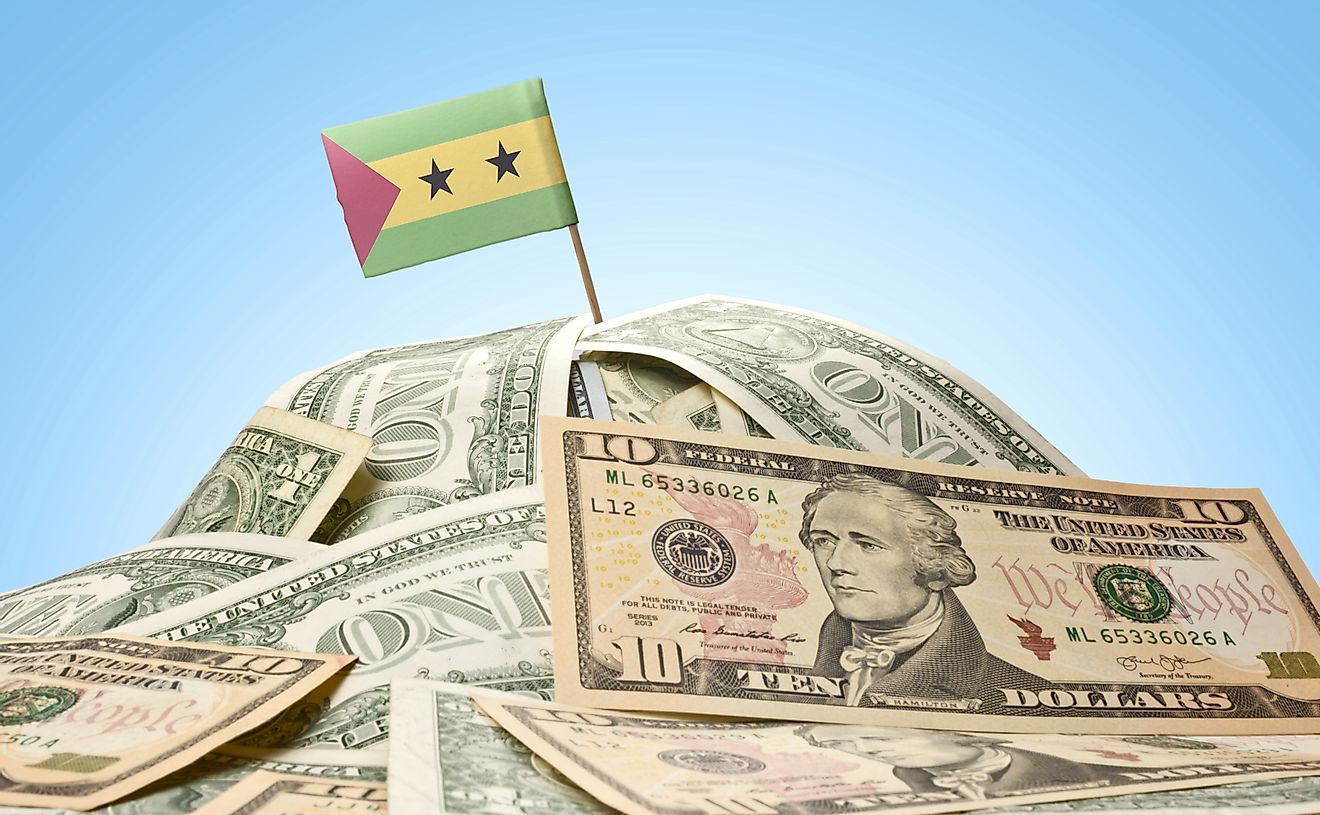Lowest Foreign-Exchange Reserves In The World

The Importance of Foreign Exchange Currencies Held in National Reserves
The International Monetary Fund (IMF), located in Washington, DC, is designed to work towards maintaining and securing financial stability as well as assist in international trade. The goal that they aspire to achieve is to encourage a sustainable economy and reduce situations of poverty in the world. Since so many global powers are members of the IMF and/or complete transactions using IMF member nations’ currencies, having large foreign exchange reserves sourced from a variety of such currencies is beneficial to a country’s financial security.
The Role of the Gold Standard
Gold has been in use for a number of years as a means of trade for goods and services. Even though there isn't an actual government that would require that all of its money be backed by gold, certain government will still find a place to store an enormous amount of gold. The purpose behind doing this is, if something drastic happens, they will be able to have a source in order to ensure the protection of that country's economic future.
Other Considerations when Calculating Reserve Totals
Total reserves are also inclusive of any holdings of foreign exchange that may be under the control of those with authority over financial undertakings within a given country. The reserves of foreign exchanges and gold can be used to compare the dollar value for stocks and other financial assets. Central banking authorities that have access to such can use these measures in order to meet goals set out by national monetary policies, and in setting balance objectives for payment accounts. When this is completed, the payments that are needed at the period end-date can then be specified.
Trends Among Nations with Limited Reserves
Countries with the smallest foreign exchange and gold reserves include Sao Tome and Principe ($63.5 million), followed by the Federated States of Micronesia ($75.1 million), Dominica ($103 million), and Samoa ($140.7 million). Looking at the countries making the list for having the lowest such reserves, we mostly see nations with undersized populations and/or underdeveloped economies. These countries have a limited amount of ‘back-up’ security in the form of foreign currency exchanges and gold that they would otherwise be able to set aside for future use. The trends in most of the smaller countries, such as Samoa in Oceania, have been characterized by steady declines in their respective gold reserves. Samoa's bank is the Central Bank of Samoa, and their economy relies heavily on fishing and agriculture, especially at the local level.
In Central America, Belize has seen the opposite occur. Though they are a country with a smaller gold reserve, their total reserves have actually been steadily increasing over the past decade. The discovery of untapped gold mines in the area has led to this steady increase in the size of their reserves. Further, Belize and other Central American countries have seen increased interest from foreign mining companies in regards to their gold mines in recent years as well.
Having Low Reserves Is Not an Insurmountable Obstacle
Countries with the smallest foreign exchange and gold reserves need to formulate solutions to increase their back-up funding as they diversify their economies and plan other ways to enhance and sustain their quality of life. In countries such as Samoa, a continued heavy reliance upon a limited number of sectors may fail to ensure ideal living standards. Even in fishing and agriculture, they may need to explore new routes to follow to strengthen their trading power in the most optimal ways. In Belize, the discovery of more gold has caused a solid increase over the past decade, and the financial enhancement will give them more access to the capital that they will require as they continue to grow, and help fortify their currency. Throughout history, a country's gold reserves largely determined its economic standing and security of its financial asset. While not as ‘essential’ today, gold still proffers the opportunity to those who possess it financial leverage over those who don’t. As markets becomes increasingly globalized, foreign currency exchange reserves become more critical as well. When countries can’t effectively build up their reserves of either asset, it would appear that they will need to work extra diligently to ensure their financial security, and that of their population, until they are better able to hedge their assets.
The Lowest Foreign Reserves Worldwide
| Rank | Country | Foreign and Gold Reserves (thousands of USD) |
|---|---|---|
| 1 | Sao Tome and Principe | 63,520 |
| 2 | Micronesia, Federated States of | 75,060 |
| 3 | Dominica | 103,000 |
| 4 | Samoa | 140,700 |
| 5 | Saint Vincent and the Grenadines | 157,400 |
| 6 | Tonga | 158,800 |
| 7 | Gambia, The | 159,300 |
| 8 | Sudan | 181,500 |
| 9 | Vanuatu | 184,000 |
| 10 | Eritrea | 218,900 |
| 11 | Burkina Faso | 297,100 |
| 12 | Guinea | 302,400 |
| 13 | San Marino | 308,600 |
| 14 | Burundi | 317,100 |
| 15 | Maldives | 368,300 |
| 16 | Estonia | 436,800 |
| 17 | Zimbabwe | 448,000 |
| 18 | Seychelles | 465,000 |
| 19 | Belize | 486,900 |
| 20 | Tajikistan | 502,800 |
| 21 | Togo | 507,000 |
| 22 | Cabo Verde | 510,900 |
| 23 | Montenegro | 599,600 |
| 24 | Malta | 619,200 |
| 25 | Suriname | 625,200 |











